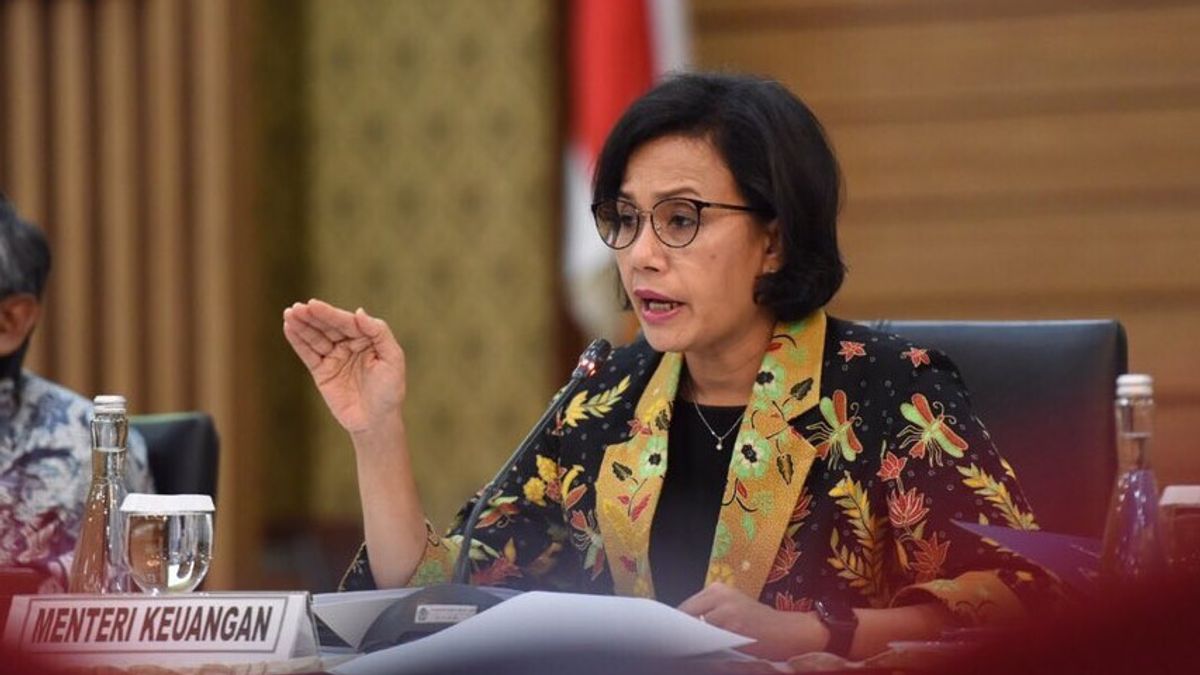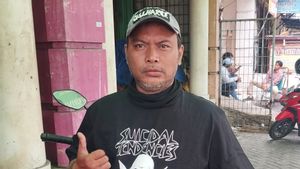JAKARTA - Minister of Finance (Menkeu) Sri Mulyani conveyed three things that are most crucial in the sustainability of the National Health Insurance (JKN) program, namely membership, services and funding, including governance.
In Sri Mulyani's notes, currently the JKN program membership has reached 222 million people or around 82 percent of the total population of Indonesia.
Of that number, the composition of participants was dominated by Contribution Assistance Recipients (PBI), namely 59.5 percent, followed by workers earning wages of 24.6 percent, non-wage earners 13.6 percent, and non-workers 2.2 percent.
Meanwhile, in the National Medium Term Development Plan (RPJMN) target, JKN participants are expected to reach 98 percent of the total population in order to achieve the goal of universal health coverage.
"Looking at the number of participants and their composition, JKN faces challenges regarding fees and benefits, for that it requires synergy and collaboration between stakeholders," he said at the Supreme Audit Agency's Opinion Workshop on the Management and Implementation of the JKN Program, Tuesday, April 6.
He hopes that all elements, both the central government, local government, even the private sector and other stakeholders are able to realize a good and sustainable JKN program.
"Ministries and related institutions must be able to make efforts to improve the quality of the implementation of one of these social safety net programs," he said.
Previously, VOI had reported that the Social Security Management Agency (BPJS) for Health did not experience a surplus of IDR 18.7 trillion at the end of 2020, as was widely perceived so far.
President Director of BPJS Kesehatan Ali Ghufron Mukti emphasized that the figure of Rp. 18.7 trillion was formed from the cash position calculated at the closing of the book for the last year period.
“The surplus is actually a cash flow. Because often misperceptions and think that this is really a surplus. In fact, there are obligations that have not been fulfilled, ”he said in a working meeting with Commission IX of the DPR-RI at the Senayan Parliament Complex, Jakarta, Wednesday, March 17.
He calculated, the outstanding claims from a number of health facilities that have not been fulfilled by the social safety net type institution reached IDR 25 trillion.
"This means that if it has not been implemented, it means that there are obligations and debts. If these obligations and debts are carried out, we will not have a surplus but minus IDR 6.3 trillion, ”said Ali.
The English, Chinese, Japanese, Arabic, and French versions are automatically generated by the AI. So there may still be inaccuracies in translating, please always see Indonesian as our main language. (system supported by DigitalSiber.id)













